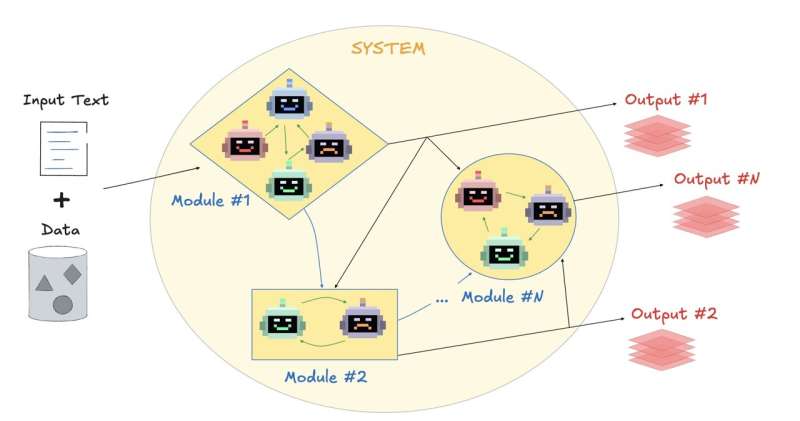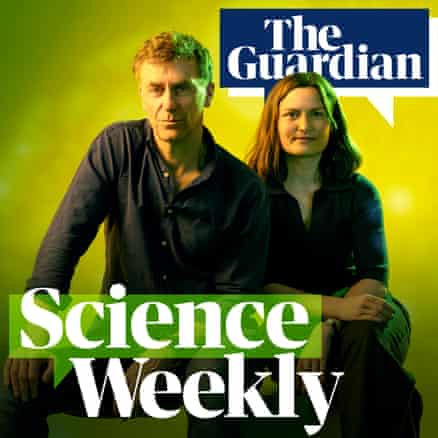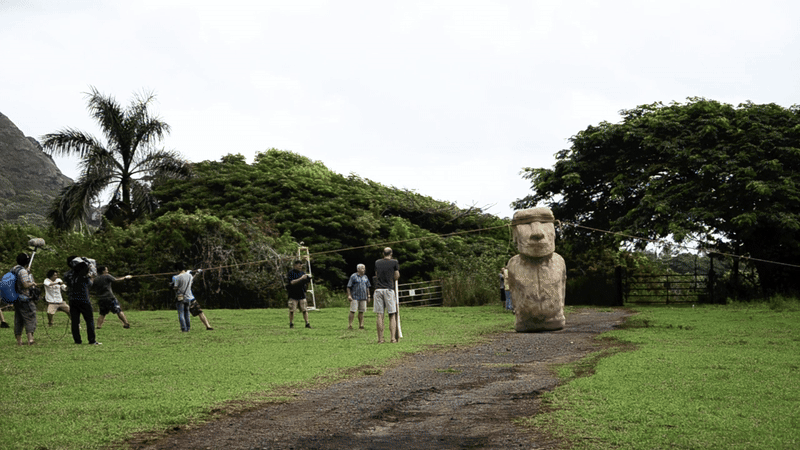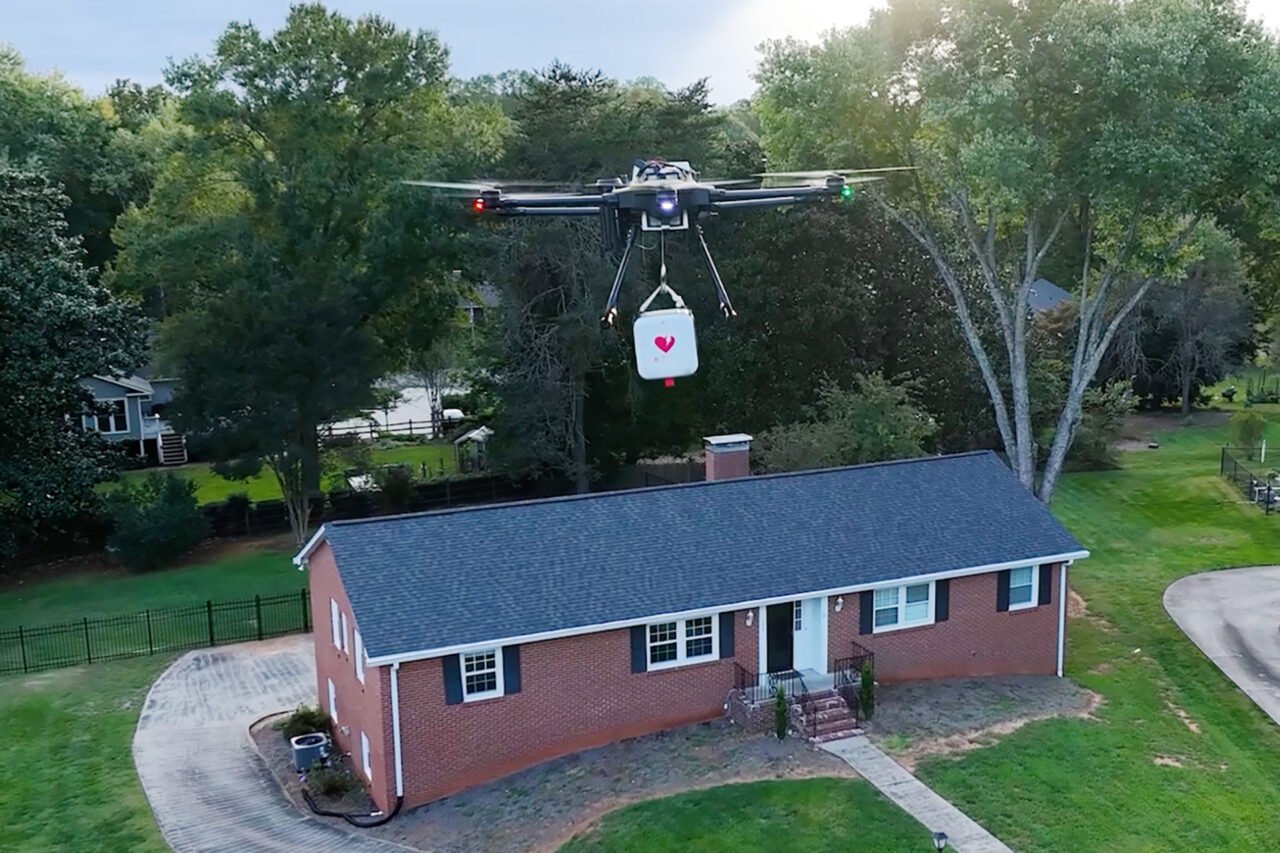A team of researchers has introduced an innovative AI-powered tool, named Denario, aimed at transforming the scientific research process. This advanced assistant is designed to assist scientists in identifying new research questions, analyzing data, and drafting scientific documents, potentially revolutionizing how research is conducted.
Denario leverages large language models to support a wide range of tasks, from hypothesis development to manuscript preparation. The collaborative effort includes experts from the University of Cambridge, the Flatiron Institute, and the Autonomous University of Barcelona. Their goal is to make research more dynamic, faster, and interdisciplinary.
While existing AI tools, such as ChatGPT, have proven helpful in specific parts of the research process, they typically address one task at a time. Denario represents a significant advancement by offering an integrated solution that synthesizes existing literature, formulates new research inquiries, analyzes data, and composes manuscripts.
In a paper published on the preprint server arXiv, the team outlined how Denario aims to boost the scientific process. According to Francisco Villaescusa-Navarro, a lead developer from the Flatiron Institute, “Sometimes the most interesting thing is the idea, because maybe it’s a new idea that hasn’t been explored.” He noted that Denario can help expand scientific thinking by offering innovative perspectives and methodologies.
Despite its capabilities, the developers emphasize that Denario is not intended to replace scientists. The current version has limitations, with only about one in ten outputs generating valuable insights, and there have been instances of fabricated data. Human oversight remains crucial in reviewing Denario’s results.
The project is spearheaded by Dr. Boris Bolliet from the University of Cambridge, along with Pablo Villanueva Domingo from the Autonomous University of Barcelona and Villaescusa-Navarro. The team consists of experts from diverse fields, including astrophysics, biology, chemistry, and philosophy. They recognized the potential of recent advances in large language models to enhance every stage of the research process.
Denario employs a modular architecture with specialized AI “agents,” allowing users to select components that align with their research needs. Scientists can utilize Denario for individual tasks, such as coding or summarizing results, or use it for the entire research process.
To operate Denario, researchers upload a dataset along with a brief description of their objectives. The AI agents first generate and refine project ideas before searching existing literature to ensure the originality of the concept. Following this, additional agents propose methods for data analysis, utilizing a multi-agent system known as CMBAgent to execute the plan. Finally, writing and reviewing modules generate and revise findings.
The team has conducted extensive testing of Denario across various disciplines, including astrophysics, neuroscience, and materials science. While most outputs were deemed unsuitable by experts, approximately 10% led to intriguing questions or discoveries. The interdisciplinary nature of Denario is particularly promising, as it can draw ideas from fields that scientists may not typically explore.
Villaescusa-Navarro remarks, “Denario can pull ideas from other fields that maybe a scientist is less familiar with and would never have considered.” This potential to uncover new research questions is a key aspect of Denario’s value.
In addition to enhancing creativity, the researchers hope Denario will help scientists reclaim valuable time. Bolliet stated, “I hope that Denario will help accelerate science by providing researchers with tools that allow them to spend less time on menial tasks—like scrolling the arXiv, formatting images, summarizing analysis—and more time on deep creative thinking.”
Looking ahead, the team plans to improve Denario’s efficiency and the quality of its outputs, including developing mechanisms to filter out low-quality results. Nonetheless, challenges remain. Some final reports from Denario inadequately conveyed uncertainty in results, and there were instances of unclear references to previous studies. Additionally, ethical issues, such as the risk of AI-generated misinformation, must be addressed.
The researchers have acknowledged the need for an open dialogue regarding the implementation of Denario and similar tools in scientific research, as well as strategies to prevent misuse. They credit the project’s success to the collaborative efforts across academia and industry.
More information on the Denario project can be found in the publication by Francisco Villaescusa-Navarro and colleagues titled “The Denario project: Deep knowledge AI agents for scientific discovery,” available on arXiv.







